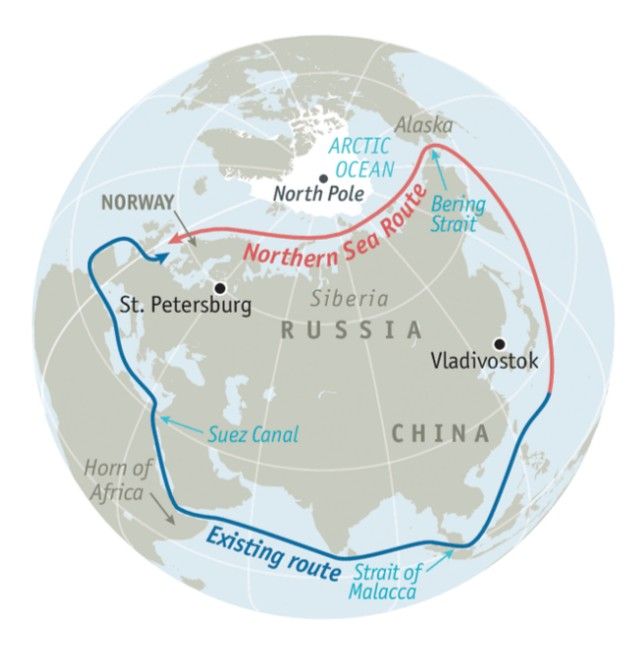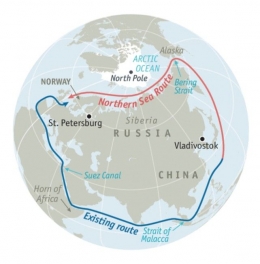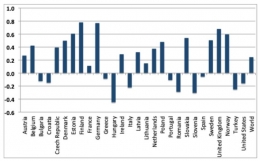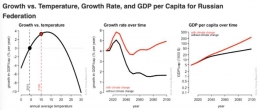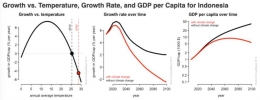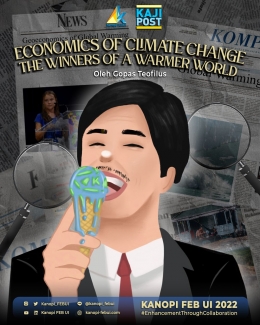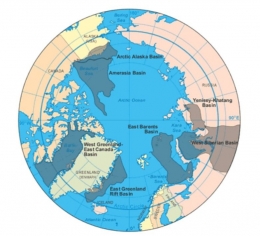On September 23rd 2019, young climate activist Greta Thunberg addressed the U.N.'s Climate Action Summit, delivering a message to world leaders:
"We are in the beginning of a mass extinction, and all you can talk about is money and fairy tales of eternal economic growth. How dare you!"
Greta's explosive address was a late, polarising stimulus in the climate movement. Through her speech Greta delivered her ultimatum, testing the loyalty of governments in stopping climate change:
"You are failing us. But the young people are starting to understand your betrayal... And if you choose to fail us, I say: We will never forgive you".
Almost 3 years later, it's hard to justify the ultimatum's success. Global energy-related carbon dioxide emissions rose to their highest level to 36.3 billion tonnes in 2021, and while several environmental milestones have been achieved, it's clear that Greta's forgiveness is not a national priority for most world leaders.
The Dilemma of Climate Change
Several days after the summit, Russian President Vladimir Putin criticised Greta for her naivety: "No one has explained to Greta that the modern world is complex and different and ... people in Africa ... want to live at the same wealth level as in Sweden." Putin's response illuminates the classic climate-change trade-off: to prioritise one nation's economic growth or its environmental sustainability.
Yet an alternative exists: a nation could potentially benefit from the effects of climate change. Putin's response to Greta might implicitly show his government's contentment with the 'drawbacks' of this global phenomenon. In a warming world, Putin's cabinet doesn't only accept the existence of 'climate losers', they're also aware of the existence of its winners.
It's understandable to see the concept of 'winners' in a warmer world as something unrealistic. The general public is always inundated with catastrophic warnings on the lose-lose scenario of climate change. Nevertheless, the effects of global warming couldn't be generalised across different countries. While a rise of 2 could incur extreme droughts in Northern Africa, that same temperature increase would only allow mild warm spells in the Siberian plains. NASA said it best: "the impacts of climate change haven't been spread evenly around our planet and they won't be in the future, either."
From this, global warming should be regarded as an asymmetric externality which benefits some regions and harms others, depending on how it affects every nation's optimal climate conditions. As human productivity peaks at temperatures around 12.77 (Burke, 2015), warmer regions that stray higher from that optimum might suffer, while colder regions that draw closer to that optimum will be benefited.
The Awakening of the Arctic
No region in the world can capitalise global warming better than the Arctic. What was and still is considered a frigid region neglected as a vast, inhospitable wasteland has now become more temperate and 'flexible' for economic growth. The states situated around the northern pole---Russia, Canada and the Nordic countries---are now presented with warmer opportunities on three economic prospects: agriculture, shipping routes, and extraction of natural resources.
For one, thinner sea ice in the Arctic has opened access for more extraction of natural resources, with the Arctic to share an estimated 13 percent of the world's proven oil and gas reserves. The arrival of new permanent oil and gas extraction stations will stimulate economic activity in the Arctic---pouring in capital and labour to the region. Russia already took advantage of this opportunity by offering a five percent reduction on its production tax for all oil and gas developments for the first 15 years, hoping to capitalise its 43 large Arctic oil and natural gas fields in its Exclusive Economic Zone (EEZ). Meanwhile, Norway, which prides itself on its oil fund, has already awarded Arctic oil exploration permits to several petroleum companies in 2021. The smoother process of offshore extraction in the warmer Arctic accelerates the region to become an energy powerhouse.







